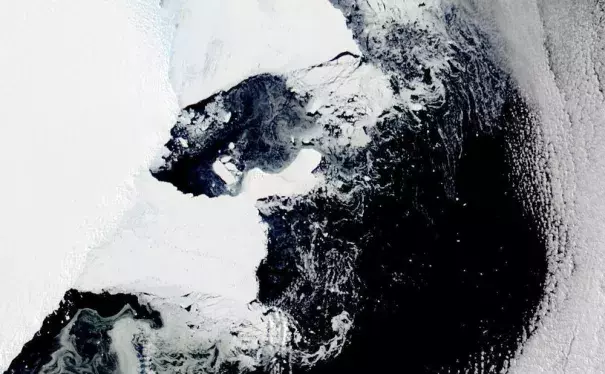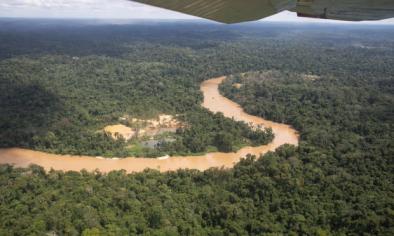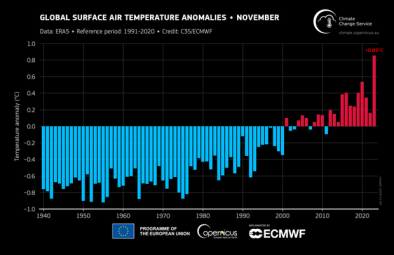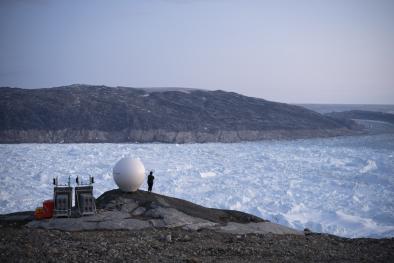East Antarctica Ice Shelf Collapse Amid Heatwave A Harbinger Of Things To Come

An ice shelf holding back two glaciers in East Antarctica (nearest to Australia) collapsed catastrophically between March 14 and 16 as an extreme heat wave drove temperatures in parts of Antarctica 70°F (40°C) above normal. “The Glenzer Conger ice shelf presumably had been there for thousands of years and it’s not ever going to be there again,” Peter Nerff, an ice scientist at the University of Minnesota, told the AP. Climate change, mainly caused by the extraction and combustion of fossil fuels, is driving up temperatures around the world, but that heating is even greater at the Earth's poles. More than the 460 square miles of ice, however, scientists are especially worried by the unprecedented collapse of the Glenzer Conger ice shelf (which held back the Glenzer and Conger glaciers from warmer waters) because it calls into question long-held understandings of the stability of the region's ice and it's resilience to global warming. The Glenzer Conger ice shelf collapse “is one of the most significant collapse events anywhere in Antarctica since the early 2000s when the Larsen B ice shelf disintegrated,” Catherine Colello Walker, an earth and planetary scientist at NASA and the Woods Hole Oceanographic Institution, told the Guardian. “It won’t have huge effects, most likely, but it’s a sign of what might be coming.”
(AP, The Guardian, Gizmodo, Washington Post $, Axios, New York Times $, The Hill, Reuters, Al Jazeera, NPR, CNN, Newsweek, CNET, Clean Technica, UPI, The Independent, BBC, Bloomberg $, Daily Beast; Climate Signals background: Arctic amplification, Extreme heat and heatwaves, Global warming)
To receive climate stories like this in your inbox daily click here to sign up for the Hot News Newsletter from Climate Nexus:
Related Content






